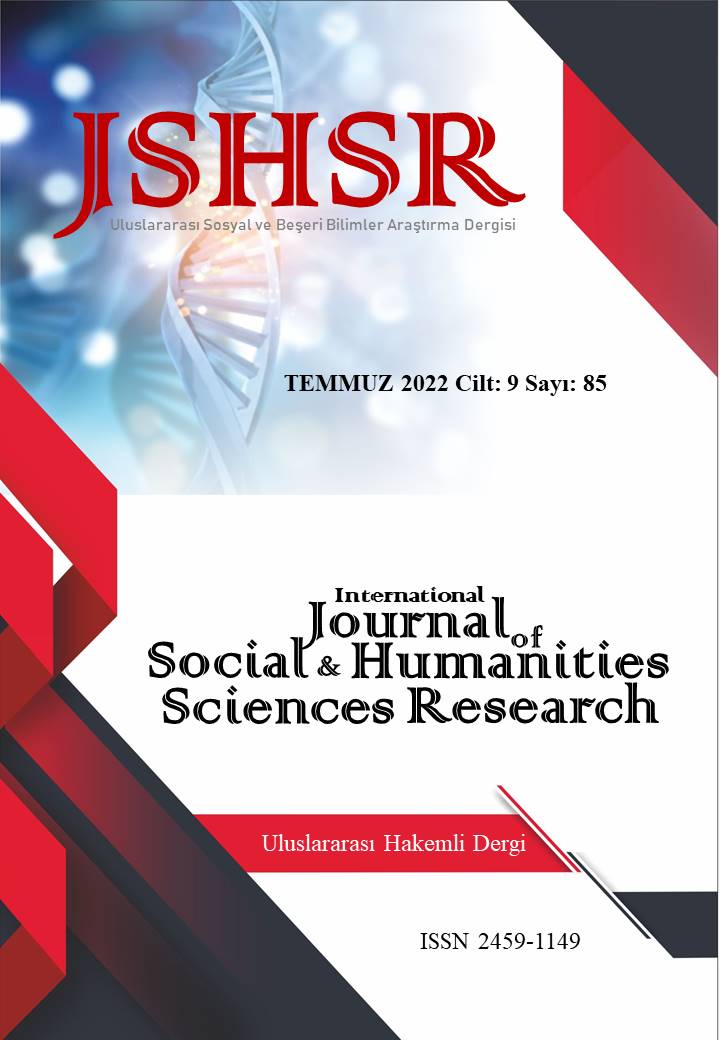EVALUATION OF SADNESS TOURISM DESTINATIONS IN GİRESUN WITHIN THE SCOPE OF ECOTOURISM
DOI:
https://doi.org/10.26450/jshsr.3133Keywords:
Tourism, Ecotourism, Grief Tourısm, Tourism in GiresunAbstract
As a result of the understanding of the income-generating and employment-providing effects of tourism in recent years, studies on alternative tourism types have been accelerated. Ecotourism is accepted as one of the most important tourism alternatives among tourism types. In particular, its importance has increased in recent years as a result of people's desire to be alone with nature and to rest. Ecotourism, with the emergence of the Covid-19 epidemic, is among the types of tourism that are more emphasized by tourists. The main purpose of the study is to reveal the effect and importance of grief tourism destinations in ecotourism. It is aimed to identify grief tourism destinations in order to increase the demand for ecotourism and to ensure that it is sustainable. It is thought that ecotourism will be a more attractive type of tourism with its dark tourism destinations and will help to extend the length of stay. In this context, the grief tourism destinations of Giresun province were tried to be examined. As a result of the study, Giresun Castle, Zeytinlik Mahallesi, Şebinkarahisar Virgin Mary Monastery, Şebinkarahisar Surp Asdvadzadzin Armenian Church, Tripolis (uçhisar), Andoz (near today's Espiye), Bedrama (Örenkaya) and Ayana (today's Tirebolu) are among the ancient Greek and Armenian historical sites in Giresun province. It has been determined that destinations can be evaluated within the scope of grief tourism. However, it is thought that more visits will be provided by people with Greek, Greek, and Armenian cultures if these grief tourism destinations are presented together with ecotourism. Along with the Giresun province destinations mentioned in the study, it has emerged that it is possible to consider the old settlements where people of Greek, Armenian and Greek origin previously lived within the scope of ecotourism.
Downloads
Published
How to Cite
Issue
Section
License
Copyright (c) 2022 INTERNATIONAL JOURNAL OF SOCIAL HUMANITIES SCIENCES RESEARCH

This work is licensed under a Creative Commons Attribution 4.0 International License.


